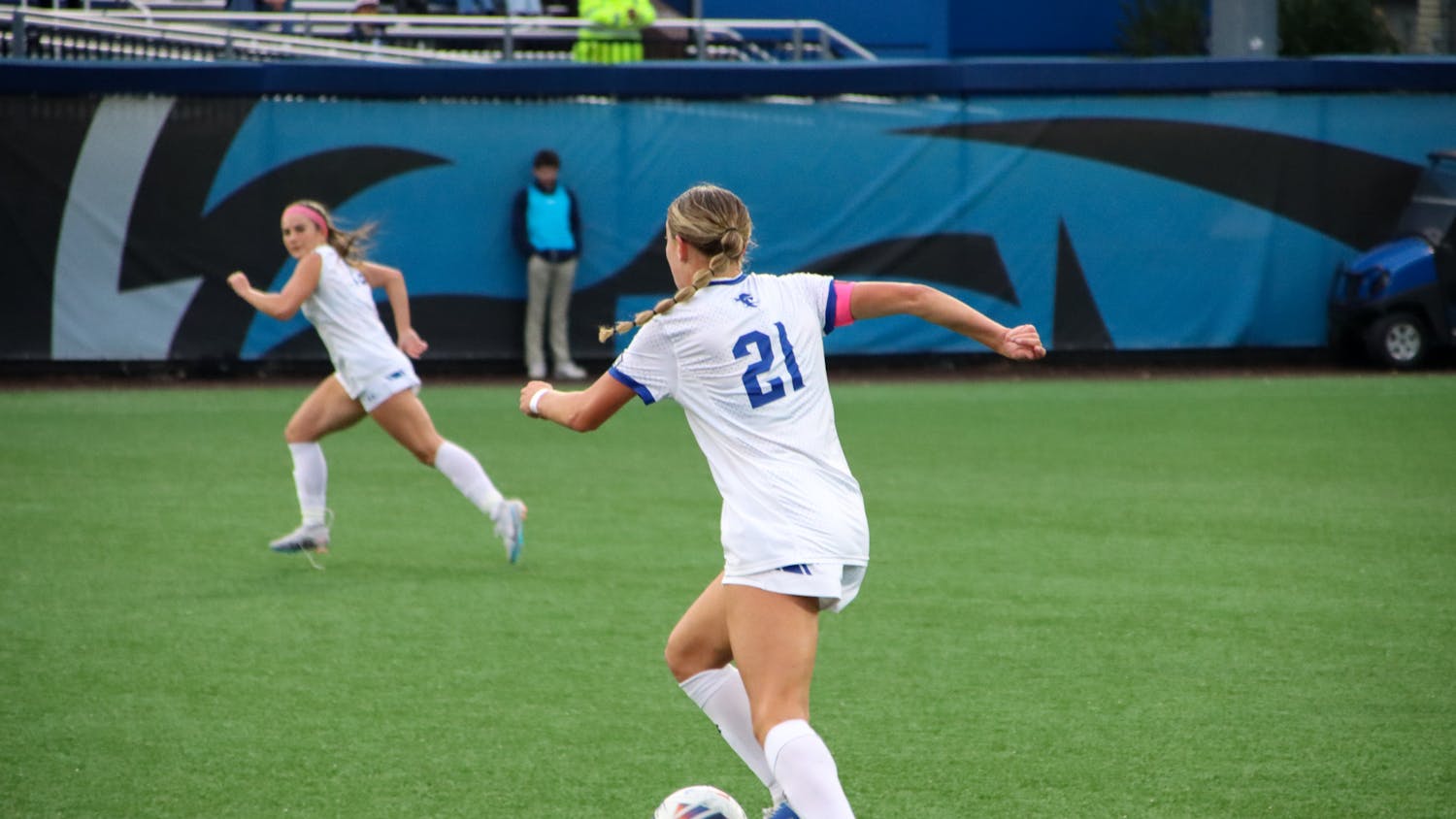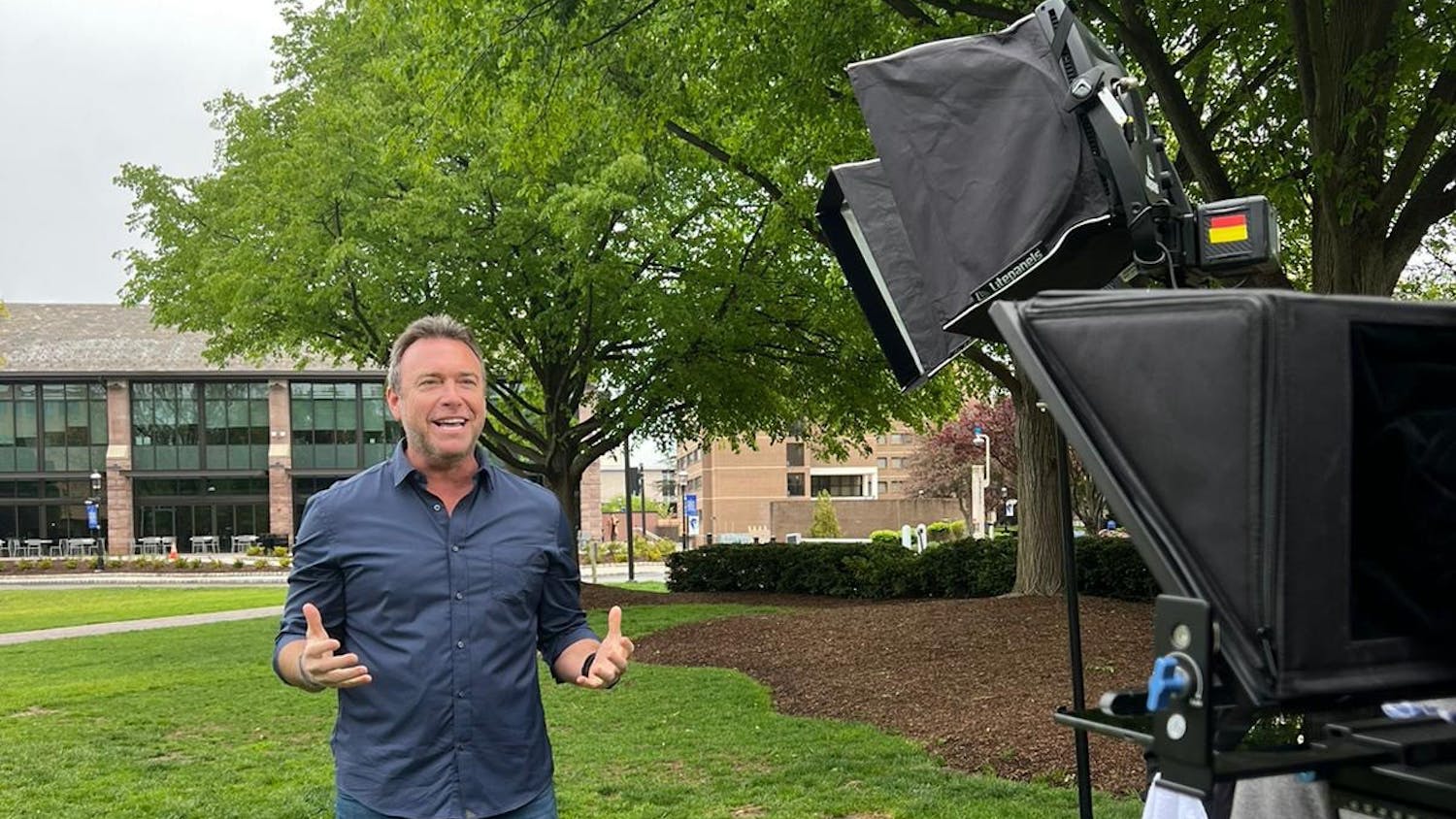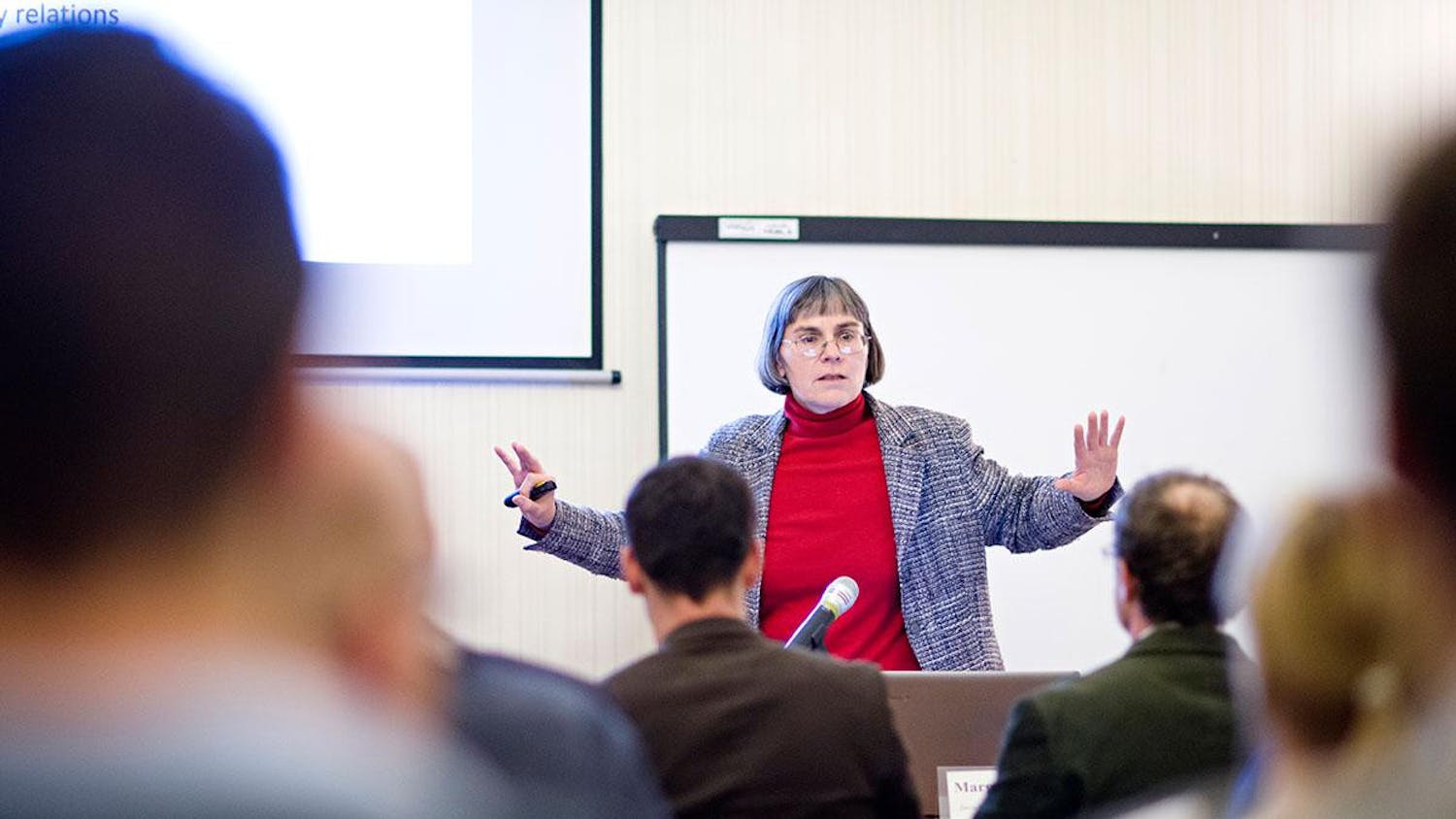The Miami String Quartet will be coming to the South Orange Performing Arts Center (SOPAC) on Tuesday, April 28, as one of the four concerts in the Classical Concert Series. Dr. Dena Levine, director of the music division of the Department of Art, Music and Design, invited the Quartet to come as they have played in the series once before and are an award-winning and longstanding international touring ensemble. While Dr. Levine is excited for the performance of the Quartet, some students are not. Mariah Jukes, a senior criminal justice and Africana studies major, was hoping SOPAC would make an effort to host concerts geared more towards the Seton Hall college community. Jukes said she doesn’t believe the concert series is necessary. “I wouldn’t attend this event because I am simply not interested,” Jukes said. “I wish SOPAC would host more events that are relevant and interesting to pop culture.” This may be a question of taste, but looking back at the events SOPAC has hosted in the past, Jukes argues her point further. SOPAC hosted a free showing of “Selma” on MLK Jr. day, but as Jukes pointed out they held the event at 9 a.m., which was an unrealistic time to accommodate and reach college students. Chelsea Wilson, a sophomore marketing major, was interested in the Hunter Hayes concert at SOPAC held last year. “Seton Hall is a major part of the South Orange community and SOPAC should put on events that draw students,” Wilson said. “Hayes was a big hit and more concerts like that would be a great way to involve SHU students with the South Orange community.” Dr. Levine pointed out that SHU’s Music Program has about 100 students participating amongst the four concert ensembles devoted to traditional music as she emphasized that many students are interested in this genre of music. Marisa Cumello, a sophomore education major, is involved in various music ensembles on campus. “I think it is important for students to have an appreciation for this type of music,” Cumello said. “Music is kept alive through the musician as well as the listener. If we, as the listeners, take the time out of our crazy schedule to relax and absorb the elegant sounds of classical music, we have the power to experience emotions that no other art form can convey.” Dr. Levine said that SOPAC has a wide range of programming. “SOPAC’s programming includes many other events that the University Arts Council sponsors, but any students who want to hear different music should let them know at SOPAC. They are very interested in what SHU students have to say,” she said. Looking forward at the line-up at SOPAC, besides the Classical Concert Series, SOPAC is hosting artists such as Gary Puckett and the Union Gap, Judy Collins and Rufus Wainwright. Jukes described these artists as either people she never heard of or someone her parents would listen to. “While there are 100 students involved in classical music ensembles, what about everybody else on campus?” Jukes questioned. Dr. Levine emphasized that it is still important for students to open their horizons. “Every genre of music—popular, classical, music of all cultures—provides a vibrant means of communication and it is tremendously valuable for any of us interested in the transformative power of the arts to experience the work of artists who have devoted their lives to the craft,” Levine said. “Any student who is interested in small pop ensembles should come hear how a string quartet works together—it’s a real classical style band.” Siobhan McGirl can be reached at siobhan.mcgirl@student.shu.edu.

Comments




